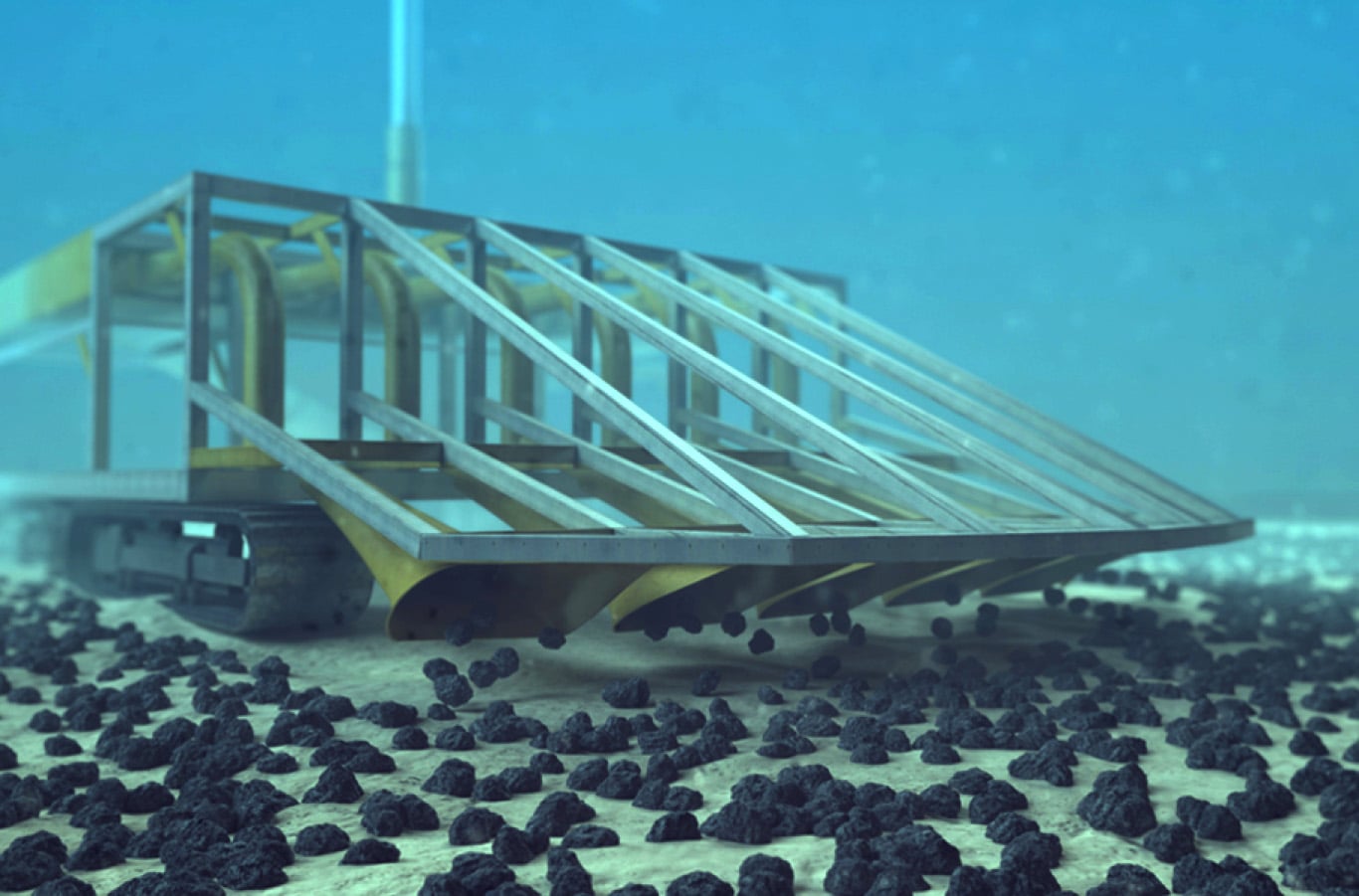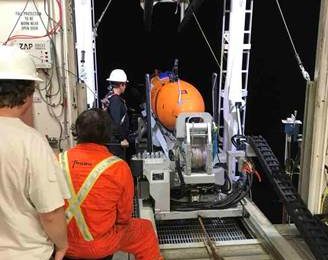DeepGreen Metals has secured $150 million in funding through a partnership with Allseas Group to launch the mining company’s first large-scale feasibility studies. These trials, slated for completion in 2023, will help pave the way for commercial exploitation of polymetallic nodules in the Clarion-Clipperton Fracture Zone. DeepGreen views polymetallic nodule extraction as an essential step towards a circular, fossil-fuel-free economy. Their claims in the CCZ are estimated to contain over 900 million wet tonnes of polymetallic nodules.
“Extracting battery metals like nickel and cobalt from terrestrial mines is facing many challenges, and the environmental, CO2 and social costs are simply too high. Seafloor polymetallic nodules contain more than enough base metals that the world needs to get to a clean energy economy, and they require no blasting, drilling or digging. Indeed, our life cycle sustainability analysis shows that, with regards to NMC batteries with copper connectors for electric vehicles, ocean nodules generate at least 75% less CO2 when compared to producing these metals from land ores,” says DeepGreen CEO Gerard Barron.
The partnership with Allseas is an important strategic move. Allseas is an industry leader in offshore pipeline installation as well as heavy lift operations and subsea construction. They bring significant logistical expertise to the table and fulfill several critical roles that are necessary for DeepGreen to transition from small, exploration-focused operations to full-scale commercial production. “”It was important to us to find a partner who can bring not just strong offshore engineering expertise but also a strong 24-7 production mindset in the deep-sea environment,” says Barron.
DeepGreen intends to have commercial production underway by 2025.



